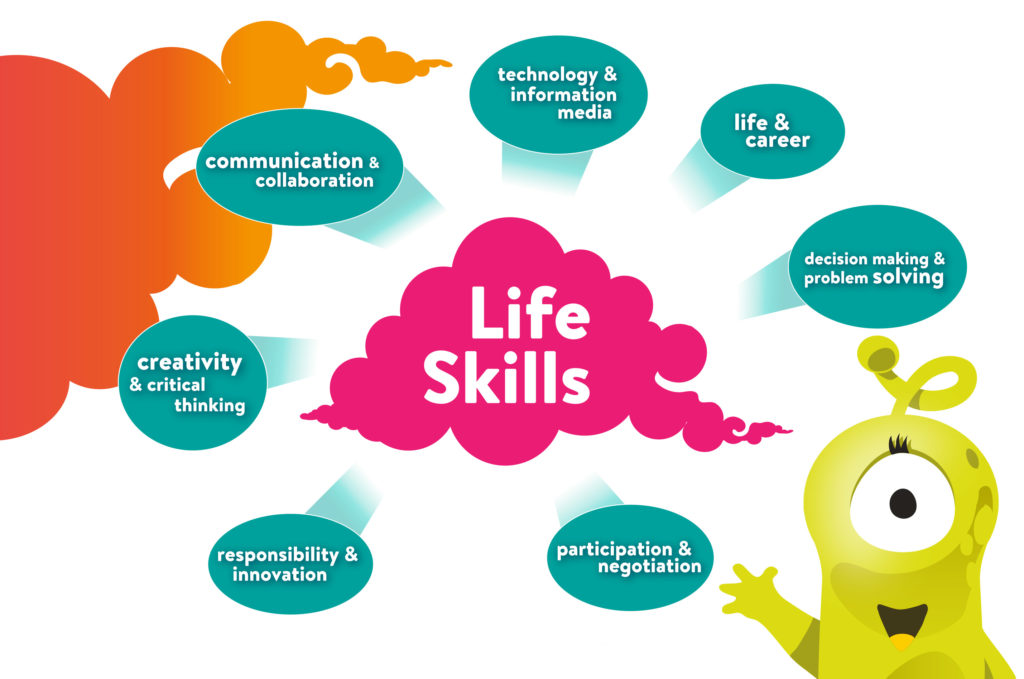A persistent question that has been asked over the years is, To what extent does competitive sport participation help individuals prepare for life? The following is a summary of the results from studies investigating various aspects of this question (Coakley, 1997):

• Sport participation and academic achievement.
Studies have shown in general that varsity athletes have higher grade point averages and higher educational aspirations than those who do not participate on varsity teams. This positive relationship is most likely to occur when sport participation somehow alters important relationships in a young person’s life. Specifically, when participation leads parents, friends, coaches, counselors, or teachers to take young people more seriously as human beings and as students and to give them more academic support and encouragement, participation will be associated with positive academic outcomes. However, when participation occurs outside of school-sponsored sport, relationships do not seem to change in academically relevant ways. This is true also when athletes participate in minor sports or are low-status substitutes in major sports, are African American, or attend schools where academics are heavily emphasized and rewarded over and above performance.
• Sport participation and social or occupational mobility.
Research has shown that former athletes, as a group, have no more and no less career success than others from comparable backgrounds. In addition, former athletes do not appear to have any systematic mobility advantage over their peers in similar jobs. That is, former athletes have a wide range of career successes and failures. Individual motivational or personality differences rather than sport experience itself seem to be better predictors of occupational success.
• Sport participation and deviant behavior.
The question of whether participation in competitive sport may “keep young people off the street” and out of trouble has been hotly debated in recent years. Correlational analyses have not shown higher rates of deviance among athletes than among nonathletes, and this finding has been replicated across sports, societies, sexes, and socioeconomic status (Hanrahan & Gallois, 1993). However, research has also not consistently indicated that competitive sport participation actually reduces the prevalence of deviant behavior. The nature of the specific sport experience, differences among individuals, and the competitive environment all interact to determine the effect of sport participation on deviance. Coakley (1997) argued that sport participation will have a positive effect on reducing athletes’ deviant behavior if they play sports in connection with a clearly expressed emphasis on the following: philosophy of nonviolence, respect for self and others, the importance of fitness and the control of self, confidence in physical skills, and a sense of responsibility. In essence, simply getting kids off the streets to play sports is not enough to reduce deviance. If we emphasize hostility toward others—using aggression as a strategy and bodies as tools, dominating others, and winning at all costs—then we cannot expect rates of deviance to decrease.
